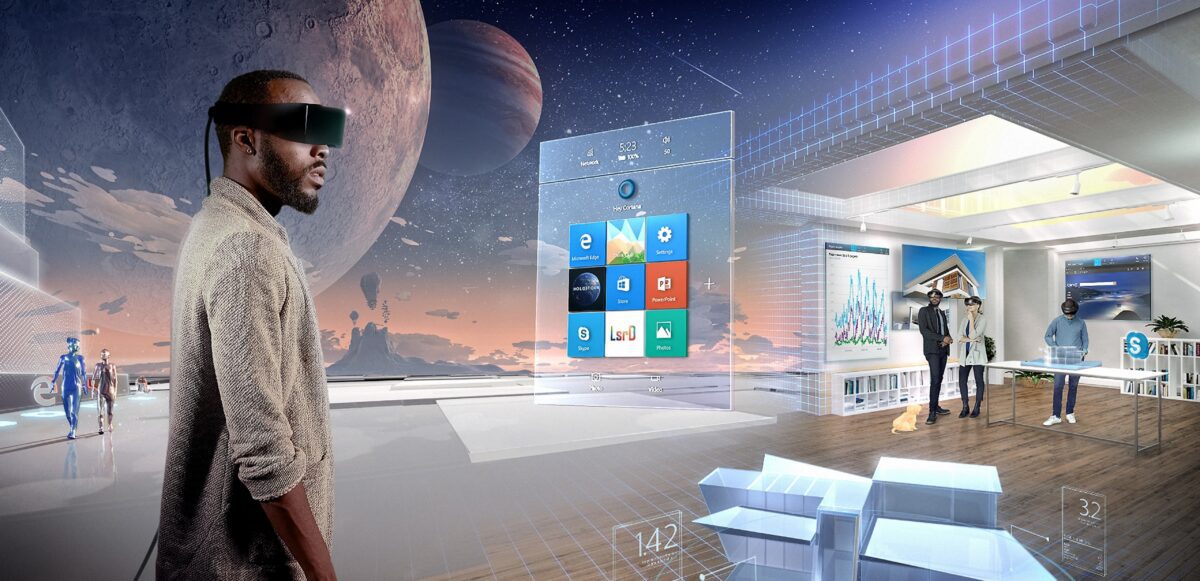Collaborations Between German Studios and Tech Giants in VR

In recent years, virtual reality (VR) has transitioned from a futuristic concept to a mainstream tool for gaming, training, and even medical therapies. Central to this transformation is strategic collaborations between German game studios and global tech giants, which leverage Germany’s rich history in gaming and engineering with cutting-edge VR technology. This article explores how these partnerships are shaping the future of VR, focusing on the involvement of German Game Studios and VR Solutions.
The German Edge in VR Development
Germany has long been recognized for its engineering prowess and its strong gaming industry, making it a fertile ground for VR development. German game studios, known for their technical expertise and innovative storytelling, have been at the forefront of adopting VR technologies. By collaborating with tech giants who possess robust hardware capabilities and massive R&D resources, these studios are not just participants but are leading the charge in defining immersive VR experiences.
Key Collaborations Shaping the Industry
Partnerships with Hardware Manufacturers: Many German game studios have teamed up with tech giants like Sony and Oculus to optimize their game designs for advanced VR headsets. These collaborations ensure that the hardware’s capabilities are maximally utilized, enhancing the immersive experience with superior graphics and responsive gameplay.
Co-Development of VR Games: Collaborations often lead to co-development projects where tech giants and German studios jointly develop titles. This allows for the sharing of resources, such as sophisticated motion capture equipment and advanced game engines, which small to medium studios might find prohibitive to invest in independently.
R&D Joint Ventures: Beyond immediate game development, German studios often enter into R&D partnerships with tech giants to explore new VR technologies. These ventures focus on expanding VR’s capabilities in areas like haptic feedback, eye-tracking, and even AI-driven content generation, setting new standards for what VR can achieve.
Cross-Industry Applications: Notably, these collaborations also foster VR applications outside traditional gaming. German game studios have partnered with companies like Google and Microsoft to develop VR solutions for education, automotive design, and even psychological therapy. These applications demonstrate the versatility of VR tech and open up new markets.
Challenges and Opportunities
While the potential is vast, these collaborations face challenges such as cultural differences in business operations, diverging goals between creative studios and commercially driven tech giants, and the technical challenges in merging existing gaming platforms with new VR technologies. However, the opportunities to overcome these are equally compelling. German studios bring a level of artisan craftsmanship to game design, while the tech giants offer scalability and technological assets.
The Future of VR in German Studios
Looking ahead, the synergy between German game studios and tech giants is set to redefine the global landscape of VR. This partnership model not only enhances Germany’s position as a leader in VR development but also as a hub for technological innovation. With ongoing advancements in VR technology, the collaborations are expected to yield more immersive and accessible VR experiences, making it an integral part of digital entertainment and practical applications.
Conclusion
The collaborations between German game studios and global tech giants represent a pivotal evolution in the VR industry. These partnerships, driven by a combination of Germany’s creative might and the technological prowess of Silicon Valley, highlight the global nature of modern digital innovation. As “VR Solutions” become increasingly sophisticated, the role of “German Game Studios” in shaping this future remains crucially important. By continuing to innovate and expand the possibilities of VR, these studios not only contribute to the gaming sector but also to broader commercial and educational applications, solidifying VR’s place in the digital era.
See Also
What is Mu88 BSC? Complete Guide to Understanding the Platform



